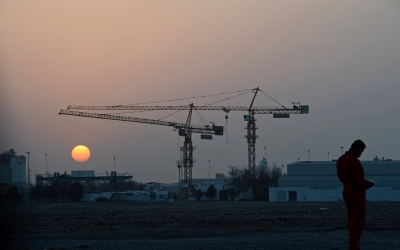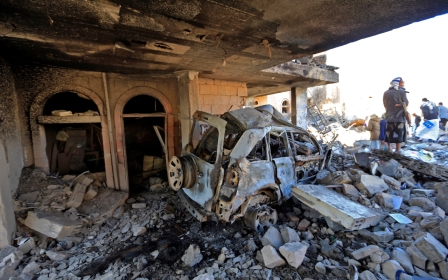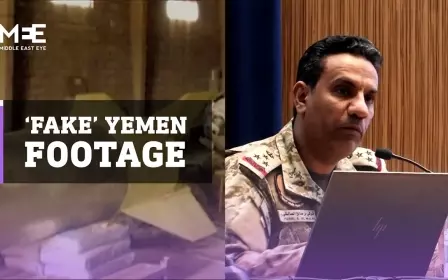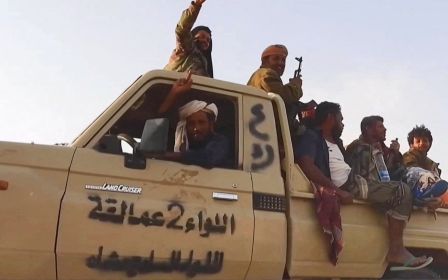Inquiry says Yemen's Houthis fired missiles and drones at Abu Dhabi
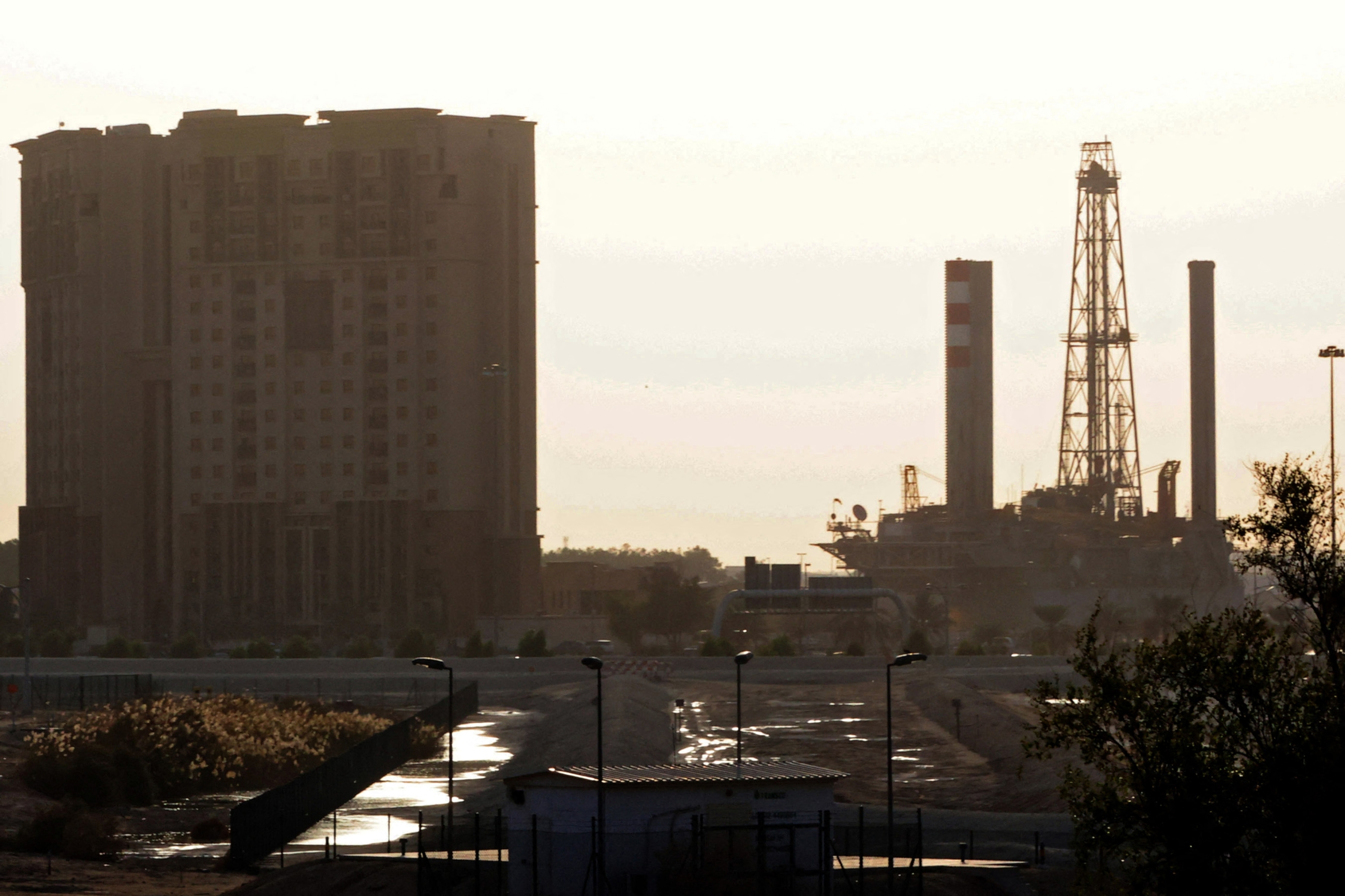
Houthis in Yemen used drones, cruise and ballistic missiles to target Abu Dhabi and parts of Saudi Arabia on Monday, according to people briefed on the United Arab Emirates’ investigation into the event.
Monday’s attack on Abu Dhabi’s airport and oil facilities by the Houthis is considered to be one of the biggest on its Gulf rivals in recent years.
The attack, which killed three people and injured six others, was a show of the Houthis’ recent military developments, believed to have been made with the help of Iran
Tehran publicly supports the Houthis but denies supplying them with weapons or any sort of military assistance.
According to people briefed on the inquiry, speaking to the Wall Street Journal, the UAE’s preliminary investigation confirmed that the Houthis deployed the advanced weapons used to target the strategic locations.
New MEE newsletter: Jerusalem Dispatch
Sign up to get the latest insights and analysis on Israel-Palestine, alongside Turkey Unpacked and other MEE newsletters
The military spokesperson of the Iran-aligned Houthis was quoted by the al-Masirah news channel as saying that the group had launched a military operation in "the heart of the UAE" and would announce details in the coming hours.
The Saudi-led coalition fighting against the Houthis in Yemen later announced on Monday that it destroyed nine drones launched in the direction of southern Saudi Arabia.
On Monday, the UAE foreign ministry said it "reserves the right to respond" to the Houthi "terrorist" attacks.
“This terrorist militia continues its crimes unchecked in an effort to spread terrorism and chaos in the region in order to achieve its illegal aims and objectives,” a statement by the ministry said.
The coalition has responded to the Houthis’ attack, launching air strikes that killed up to 20 people, according to the deputy foreign minister for the Houthi administration, which holds much of northern Yemen.
“The terrorist attack by the Iran backed Houthis against [Saudi Arabia] & the UAE represents a threat to our region’s security,” Khalid bin Salman, Saudi Arabia’s deputy defence minister, wrote on Twitter.
“The Houthis aren’t interested in peace and remain hostage to their regional backer, which treats our region’s security as a mere negotiating card.”
The recent attacks suggest that the Houthis have improved their military capabilities since 2014 when they captured the Yemeni capital of Sanaa with limited military capabilities.
The UAE was part of the Saudi-led coalition that intervened in Yemen in 2015 to reinstate the internationally recognised government of Abd Rabbuh Mansour Hadi, who was ousted by the Houthis in late 2014.
The Gulf country has reduced its military presence in Yemen since 2019, but retains influence through backing Yemeni fighters.
The Houthis have frequently claimed drone and missile attacks on neighbouring Saudi Arabia during the war, but they claimed only a few attacks on the UAE, which the Emirati authorities denied.
Middle East Eye delivers independent and unrivalled coverage and analysis of the Middle East, North Africa and beyond. To learn more about republishing this content and the associated fees, please fill out this form. More about MEE can be found here.


